It is a quality that we all cherish and ironically it is perhaps one we yearn and strive for most when it is absent or tenuous in our lives. Yet when our lives are bountiful with happiness, we simply take it for granted, believing perhaps that this is a the most natural state of being that all humanity was meant to exist at all times in this way.
From time to time Governments have actively sought to enshrine the concept of happiness as a fundamental part of life. Recognizing that the society we all live within should be able to exist whereby all people can attain and have access to happiness. Though most certainly most of us have our own unique concept of happiness, there certainly exists some fundamental truths about happiness. That on a pure and in a fundamental way happiness is never exclusive to the rights of others. Rather when one person seeks out true happiness we also enable and make it possible for others to have access and find happiness more easily. That when one person benefits than so do we all.
This quality has been deemed so important and so necessary and fundamental to life, that on June 28, 2012, The United Nations General Assembly declared March 20th of each year as the International Day of Happiness. Bhikshuni Weisbrot, a staff member of the United Nations Development Programme, and is President of the UNSRC Society of Writers, was inspired to create a unique exhibit at the Queens Museum of Art this past March. It was a display that was up for several weeks dedicated solely to Happiness. On the 17th of March a diverse panel of speakers were invited to come and speak about this most significant subject. She was helped by many others in creating this truly wonderful exhibit which she called, ‘Happiness: A Visual Poem.’
At one point Bhikshuni mentions that it was 50 years ago that she was first at this spot, when the World’s Fair was held here in Flushing Meadow. I ask her how it feels to be back in this same location after such a long time. Experiencing perhaps in a more direct way what the World’s Fair had set out to do back then. “It’s funny, but I think it has always been my theme. I think it has just come to fruition now.” She recounts a conversation she once had with her mom in which she told her Mom, “I just want to be happy.”
She has been a long time student of the late Spiritual teacher Sri Chinmoy and she says that first thing he ever said to her many years ago was, “Your Guru just wants you to be happy.” The recent act of the UN then had inspired her to try and manifest upon this now dedicated goal of happiness, in both a practical way and yet also in an all inclusive manner. “When I got involved in this whole Happiness movement it was just like riding this great current of familiarity.” She says that she didn’t want to approach the project from just a spiritual way. “The beauty of this whole movement is that it does not marginalize anybody. Everybody is part of this conversation.”
She says that she read all kinds of books on the subject, from folksy practical ones, to psychological, and of course to Spiritual interpretations. “I gained this kind of insight and inspiration and learned something. To me this is the real beginning of the 21st century. Happiness is something that nobody has a problem with. They can talk about it but the roots are all the same.”
As you walk through the exhibit the walls are filled with some of the poems and aphorisms that Sri Chinmoy wrote on Happiness. At the same time there are many powerful images that work hand in hand with the text that covers the walls. Bhikshuni says that at heart her main commitment is to Sri Chinmoy’s poetry. “I want to bring it forward in any way that makes sense.”
I ask her to recite on of her favorite poems.
Never forget
Even one happiness-dream
Of yours.
Sri Chinmoy, Seventy-Seven Thousand Service-Trees, Part 45, Agni Press, 2006
Visitors of all ages came.
Everyone was encouraged to contribute their own personal thoughts and visions of happiness.
Cathy Oreter was one of the speakers on the panel. She is Chairman of the Board of Directors of Art of the Olympians, and has been actively involved with many projects that seek to inspire and uplift people and enable them to more fully develop their capacities. “There is definitely a feeling of peace, commingled withe the happiness. It is a satisfaction really, because as you read these quotes and see these beautiful pictures of people from all over the world, with smiles on their faces, or pictures of nature. It permeates within your heart, then you realize what we are supposed to be, and that is children of joy.”
She sees a real connection between an exhibit like this the galleries that she is more frequently part of sponsoring. “I think it relates just like sport relates to art. And how is that? It is because of the creative experience, and that is what we are. We are creative beings. We are supposed to strive and know about happiness, to know about love. And how do you do that? You have to experiment through all of life’s experiences.”
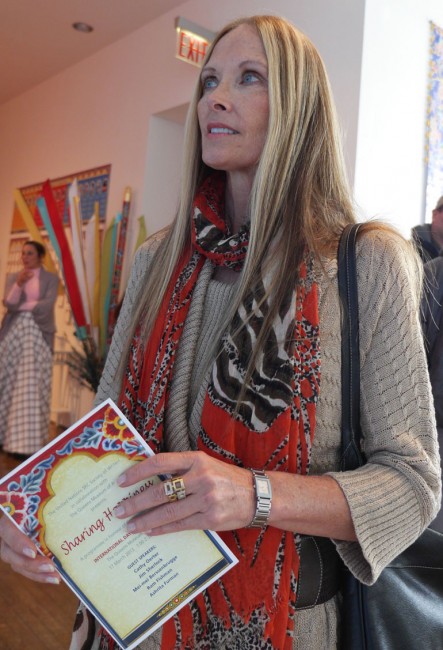 She is just a few minutes from giving her talk and I ask her what will be her message today. “It is my own inner joy and what that means to me. I know it is going to be different for all people. Actually happiness covers everything. It can be nature, it can be within us, it can be outside of ourselves, and it can be seen in other people. I really believe that the world is to know happiness again.”
She is just a few minutes from giving her talk and I ask her what will be her message today. “It is my own inner joy and what that means to me. I know it is going to be different for all people. Actually happiness covers everything. It can be nature, it can be within us, it can be outside of ourselves, and it can be seen in other people. I really believe that the world is to know happiness again.”
Over the past few years she has been involved with a number of projects sponsored by the Sri Chinmoy center. “I enjoy being in the flow of this wonderful movement.” At the London Olympic games she was one of the prime organizers of a project there. “It was an incredible experience, that I think sent out electric beams throughout the world.” Just a few months earlier she was part of a World Harmony Run project near her home in Fort Myers Florida. “That was transcending in itself. We touched almost 10,000 students and their parents too. We opened this whole realm of peace, never experienced down there before. I am very fond of the World Harmony run and everything it stands for.”
Speaking about her experience in London in 2012, “Everyone gives me the kudos for this but it was actually beyond my control. It was almost divinely universal how it happened. “I was just a vehicle to open up a door to allow it to happen.”
Many people came to her after the ceremony there and told her, “this is what the Olympic games should be about. Which it is but it is too bad that everybody can’t experience.”
When asked about what happens next. “I am just going with this flow that opens up every opportunity. I think when you do the right thing, somewhere in this mysterious, unknown, unseen world things happen that are beyond what we can do by ourselves. So if you just allow yourself to be that vehicle big things are going to happen. But I know it is going to be magical, and even bigger than what has happened before.”
Jim Sherlock and Mukul Ram Fishman also were speakers, both have unique experiences of happiness from an economic perspective.
Jim Sherlock: “Being at the top and then all the way down at the bottom, you know I know the whole spectrum. What gets me motivated every morning? The first thing I do is pray. I ask God to empower me, to help and guide me what I need to do today. I wake up every day and I am happy. I feel that I am not doing this by myself. Happiness is the key. It is nothing to do about money it is about that inner peace. Knowing that you are trying to do your best. That is all I do every day.”
Mukul Ram Fishma: During his talk he used the term ‘Gross National Happiness.’ “I think the main purpose has fulfilled so far is to just inspire everybody, including people in positions who previously not thinking about such things as happiness. Now it legitimizes people to think about this in a serious way, and recognize, this is what life is all about.”
I mention that the US constitution declares and enshrines the pursuit of happiness. “Now people are thinking that happiness is something real, even in our policies. It is not something that happens automatically when we have more material goods. I think legitimizing that realization is amazing.” He says that a recent Bhutanese resolution at the UN makes the whole world think more deeply about the subject of happiness, and to appreciate it.”
Asked what the outlook for Happiness might be in the coming year
Jim: “I have to tell you that I am so happy that I came to this and heard him (Mukul) speak. Because what I want to do is instead of giving somebody something, I want to give people the opportunity being able to build something for themselves. You give a family an opportunity to make $100 it changes their lives.”
“Words are powerful. Words are God, that is why we have to be very careful what we say.”
Mukul: “Part of being happy is being optimistic. From my own experience it comes from within side. I have been happiest when I had a good meditation. Those were the happiest times I ever had. Policies at the United Nations are not going to make people happy, but they are going to inspire individuals. To take it more seriously and look for it in their own lives. I think everything is moving in the right direction.”
Mei-Meil Berssenbrugge is an author of 12 books. Surrounded by so many printed words and so many people milling around the exhibit, I ask for her impressions. “I have spent a lot of time out in the desert of New Mexico by myself. So when I thought about happiness it was about a vibration or ressonance between the world and my heart.
“Today I was with people who’s happiness was connected out to other people. So that was a wonderful thing for me to experience that to feel all the warmth of people with each other, and their heart’s vision.”
“In science when frequencies go into harmony they call that coherence. I do think that nature is a coherence, and is one the emanates out into the universe and to the heart.”
When asked about the influence of Sri Chinmoy who she met about 6 years earlier. “I think our evening with him was deeply inspiring.” She describes experiencing many different things when she met him. “It challenged me to think about him for quite a long time after that.”
Describing the exhibit: “I think the simplicity of the work, of his painting, and the simplicity of the poetry are interwoven with the many layers of his profound being.”
Maracel and her kids:
“I heard so many aspects that I would not have normally heard in terms of happiness and how it is measured, especially from the economists. That was such an interesting prospect in how to measure happiness.
Talya:
“In hearing all the stories I am trying to see what my purpose is in life, and what is going to make me happy, and what I can do for this world in order to see joy in other people as well as myself. I am a College student trying to figure out what I am going to do in life. This is a real eye opener. I was very aware of different stories that I didn’t even think were possible.”
When asked what they had written on the cards.
Maracel wrote, “Happiness means inner wealth of love and compassion.”
Talya hadn’t written down her expression just yet. “I just know it is not going to be anything materialistic, and I know it will be about some inner peace.”
Micla hadn’t written anything just yet either but says, “Happiness means my Mom and Dad.”
Happiness, happiness, happiness –
Only happiness within
And happiness without
Can free the bondage-chained life
Of humanity.
Sri Chinmoy, Twenty-Seven Thousand Aspiration-Plants, Part 239, Agni Press, 1997
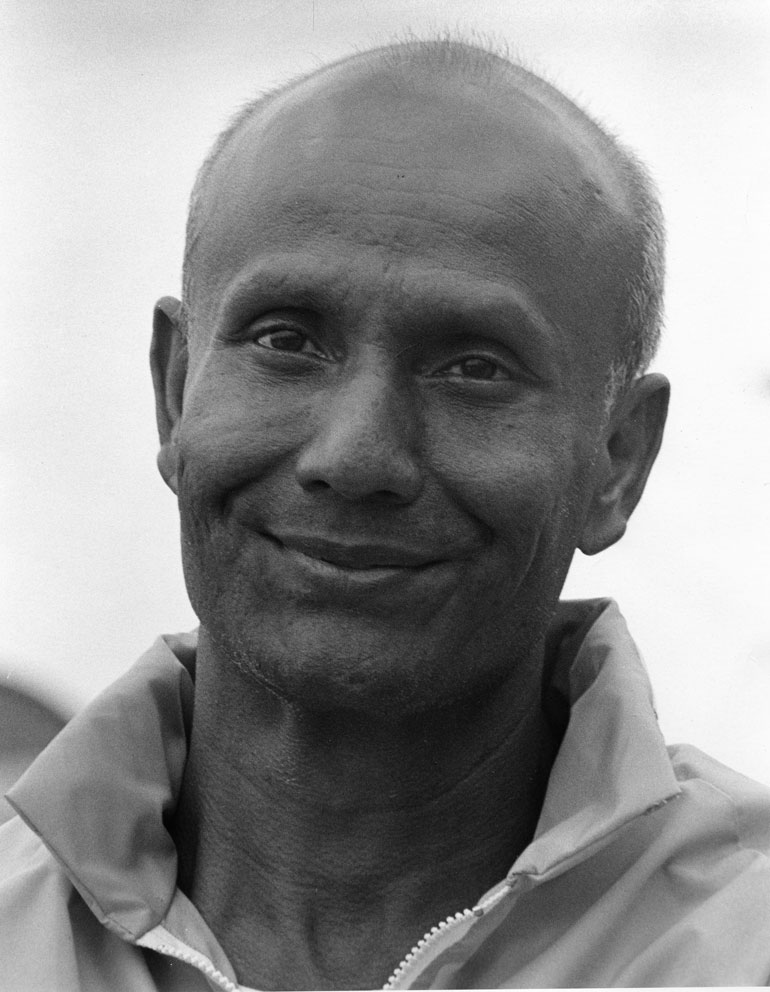




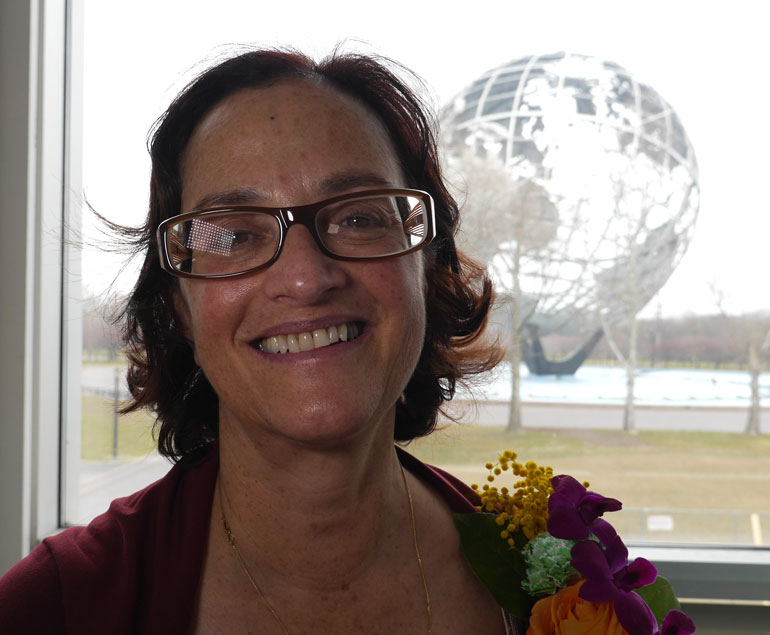
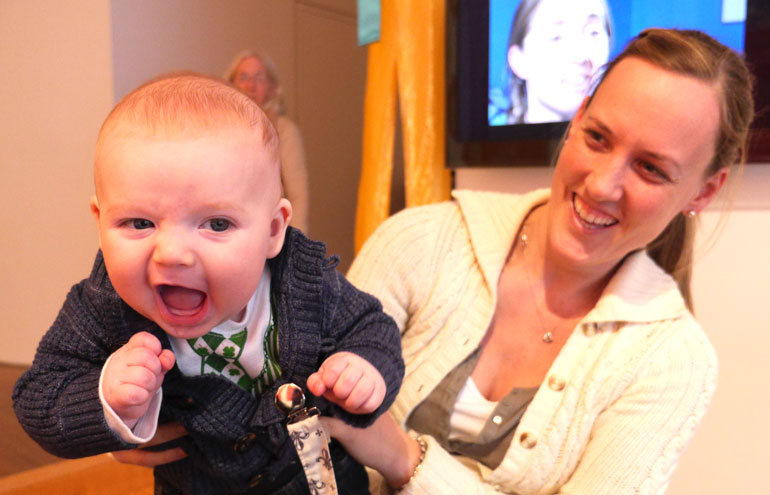


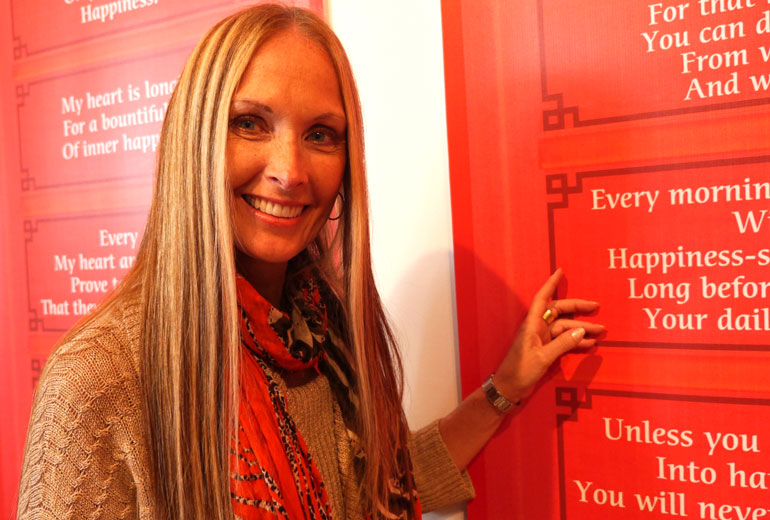



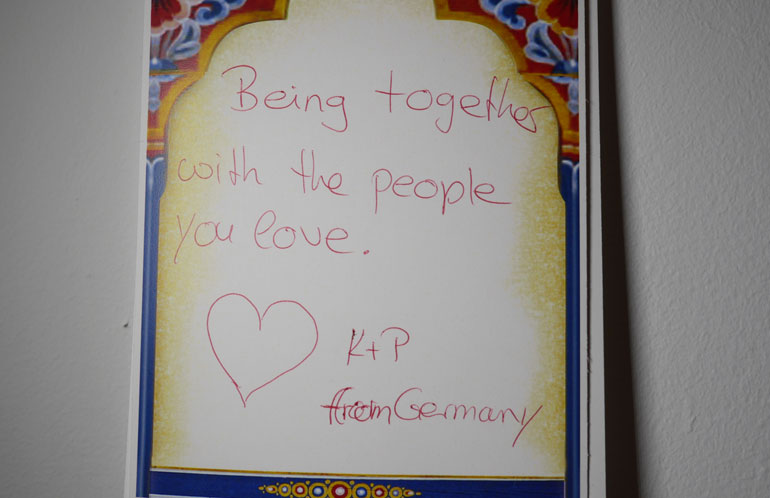
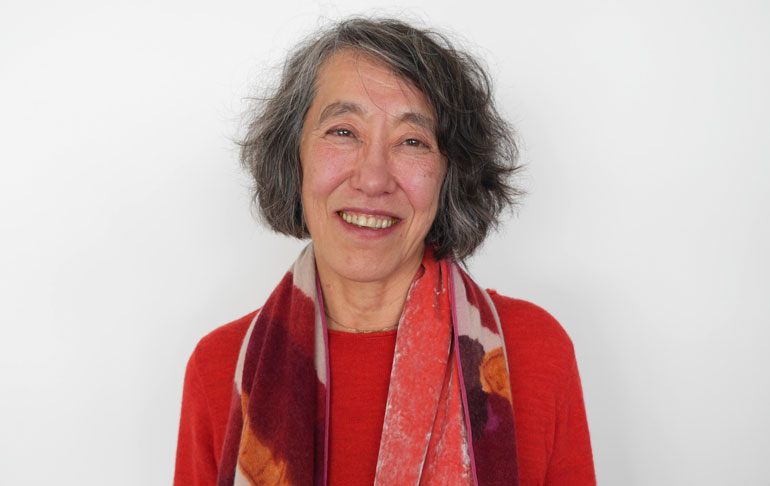

Thanks God, it seems you started to write more frequently! Thanks!
Your blog give me happiness!
Thank you Utpal for share it.
Gratefully.
To end with Guru’s picture makes your happiness just burst out with a big, big happy smile of gratitude